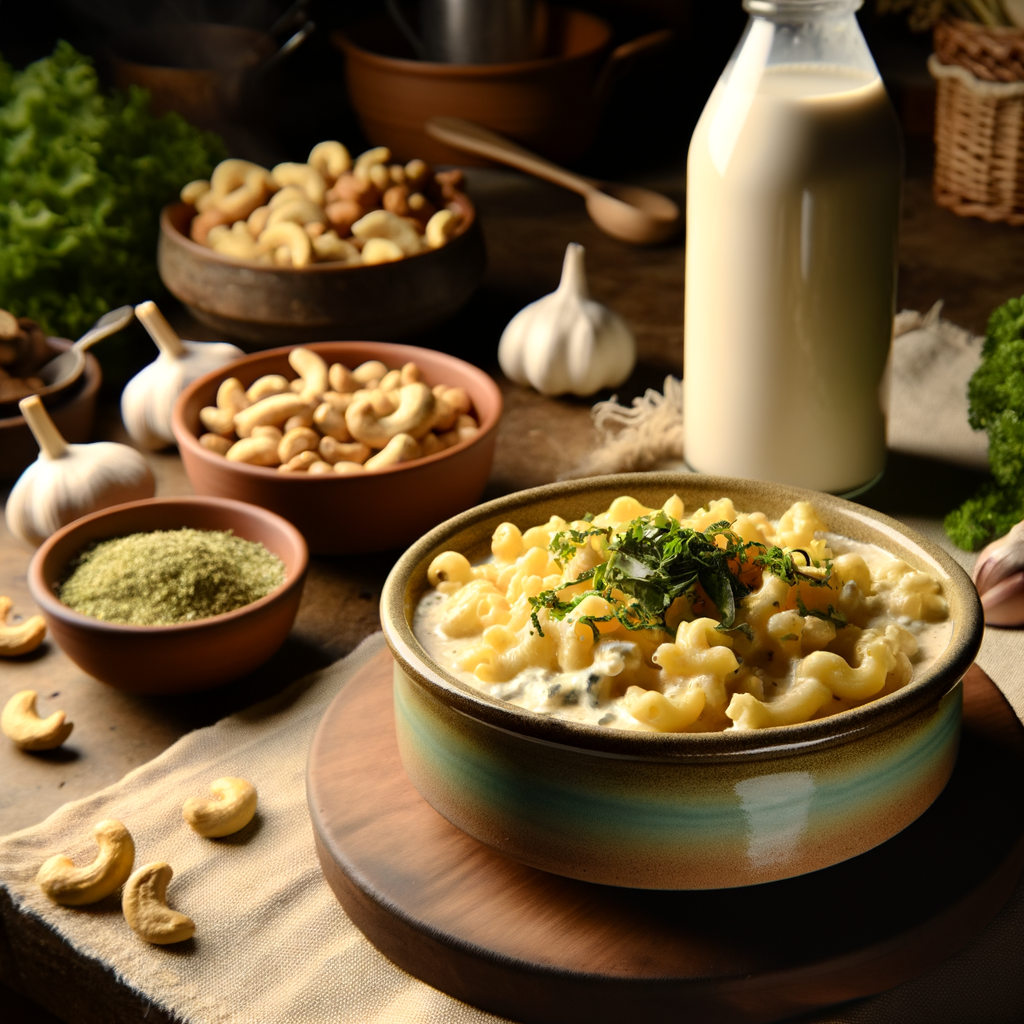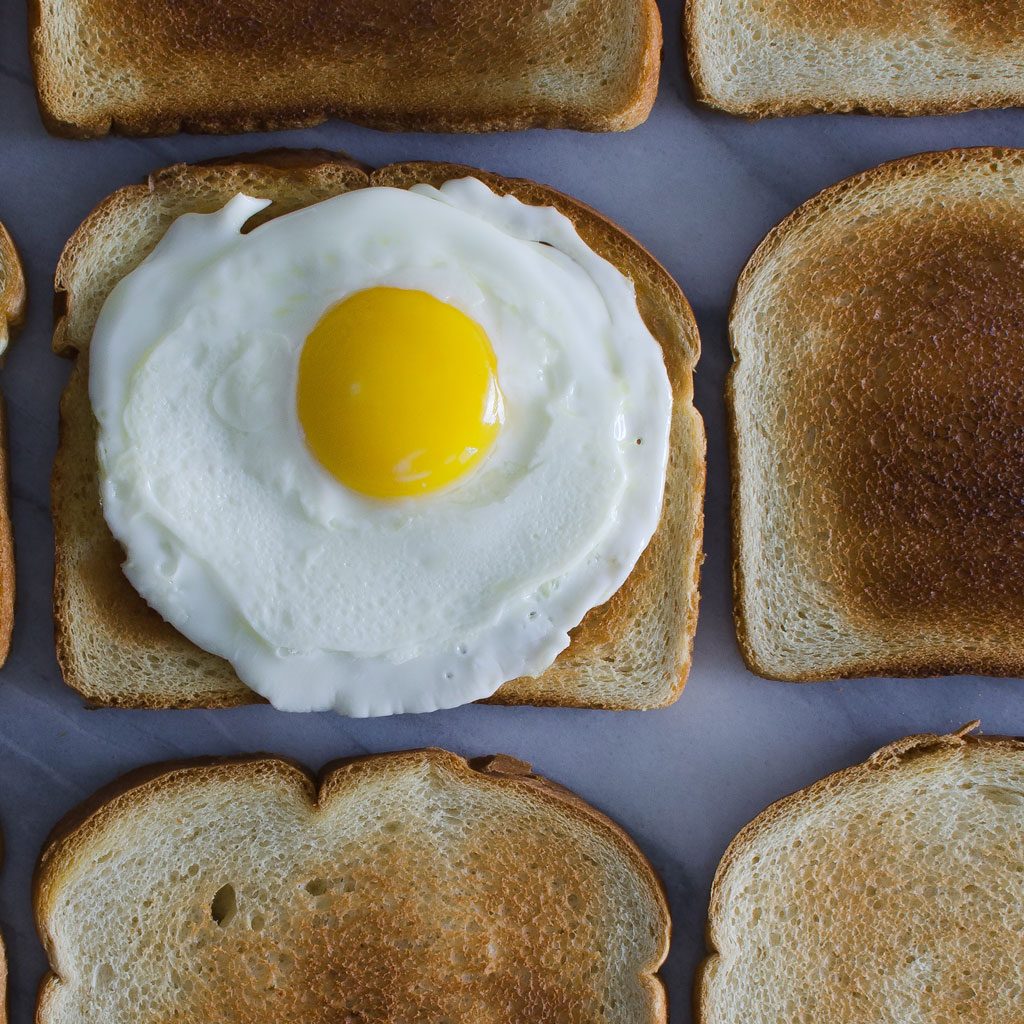Discover the Best Vegan Egg Replacers for Perfect Plant-Based Cooking
For those embracing a plant-based lifestyle, finding suitable egg replacers is crucial for maintaining texture and taste in your recipes. Both novice and seasoned vegan cooks can benefit from knowing which vegan egg alternatives work best in different culinary scenarios. Here’s a comprehensive guide to 10 vegan egg replacers that every plant-based kitchen should have.
Why Choose Vegan Egg Replacers?
Choosing vegan egg replacers is not just about adhering to a plant-based diet; it promotes animal welfare, environmental sustainability, and better health. Eggs are often used for their binding, leavening, and moisture-retaining properties in recipes. Luckily, there are numerous plant-based alternatives that can mimic these functions perfectly.
Top Vegan Egg Replacers for Your Kitchen
Flaxseed Meal
Flaxseed meal, also known as flax eggs, is a fantastic option for baking.
– How to Use: Mix 1 tablespoon of flaxseed meal with 3 tablespoons of water and let it sit for about 5 minutes until it becomes gelatinous.
– Best For: Muffins, pancakes, and cookies.
Chia Seeds
Chia seeds work similarly to flaxseed meal and offer an excellent nutritional profile.
– How to Use: Combine 1 tablespoon of chia seeds with 3 tablespoons of water, let it sit until it turns into a gel.
– Best For: Pastries, quick breads, and pancakes.
Applesauce
Unsweetened applesauce is a versatile egg replacer that adds moisture to baked goods.
– How to Use: Replace 1 egg with 1/4 cup of unsweetened applesauce.
– Best For: Cakes, muffins, and breads.
Mashed Banana
Mashed banana adds natural sweetness and binding properties.
– How to Use: Use 1/4 cup of mashed banana to replace 1 egg.
– Best For: Pancakes, muffins, and quick breads.
Silken Tofu
Silken tofu is a versatile, protein-rich egg replacer that works well in dense and moist recipes.
– How to Use: Use 1/4 cup of blended silken tofu to replace 1 egg.
– Best For: Brownies, quiches, and custards.
Vinegar and Baking Soda
This combination mimics the leavening properties of eggs.
– How to Use: Mix 1 teaspoon of baking soda with 1 tablespoon of vinegar to replace 1 egg.
– Best For: Cakes, cupcakes, and light, fluffy baked goods.
Commercial Egg Replacers
Many commercial products are specifically designed to replace eggs in various recipes.
– How to Use: Follow the instructions provided on the packaging.
– Best For: Baking and cooking applications.
Nut Butters
Smooth nut butters add not only binding properties but also a rich flavor to recipes.
– How to Use: Replace 1 egg with 3 tablespoons of any smooth nut butter.
– Best For: Cookies, brownies, and pancakes.
Aquafaba
Aquafaba, the liquid from canned chickpeas, is a game-changer for replicating egg whites.
– How to Use: Use 3 tablespoons of aquafaba to replace 1 egg white.
– Best For: Meringues, macarons, and whipped toppings.
Yogurt
Non-dairy yogurt is another excellent egg alternative, particularly for adding moisture.
– How to Use: Use 1/4 cup of non-dairy yogurt to replace 1 egg.
– Best For: Cakes, cupcakes, and muffins.
Integrating Vegan Egg Replacers into Your Recipes
When incorporating these egg replacements, there are a few things to keep in mind:
–
–
–
Benefits of Using Vegan Egg Replacers
Here are some advantages to making the switch:
–
–
–
Conclusion
Navigating a plant-based diet becomes a lot simpler with the right tools in hand, especially when it comes to egg replacements. Experiment with these vegan egg replacers to discover which ones work best for your culinary masterpieces. Not only will you elevate your cooking, but you’ll also align your lifestyle with values of health, sustainability, and compassion.











